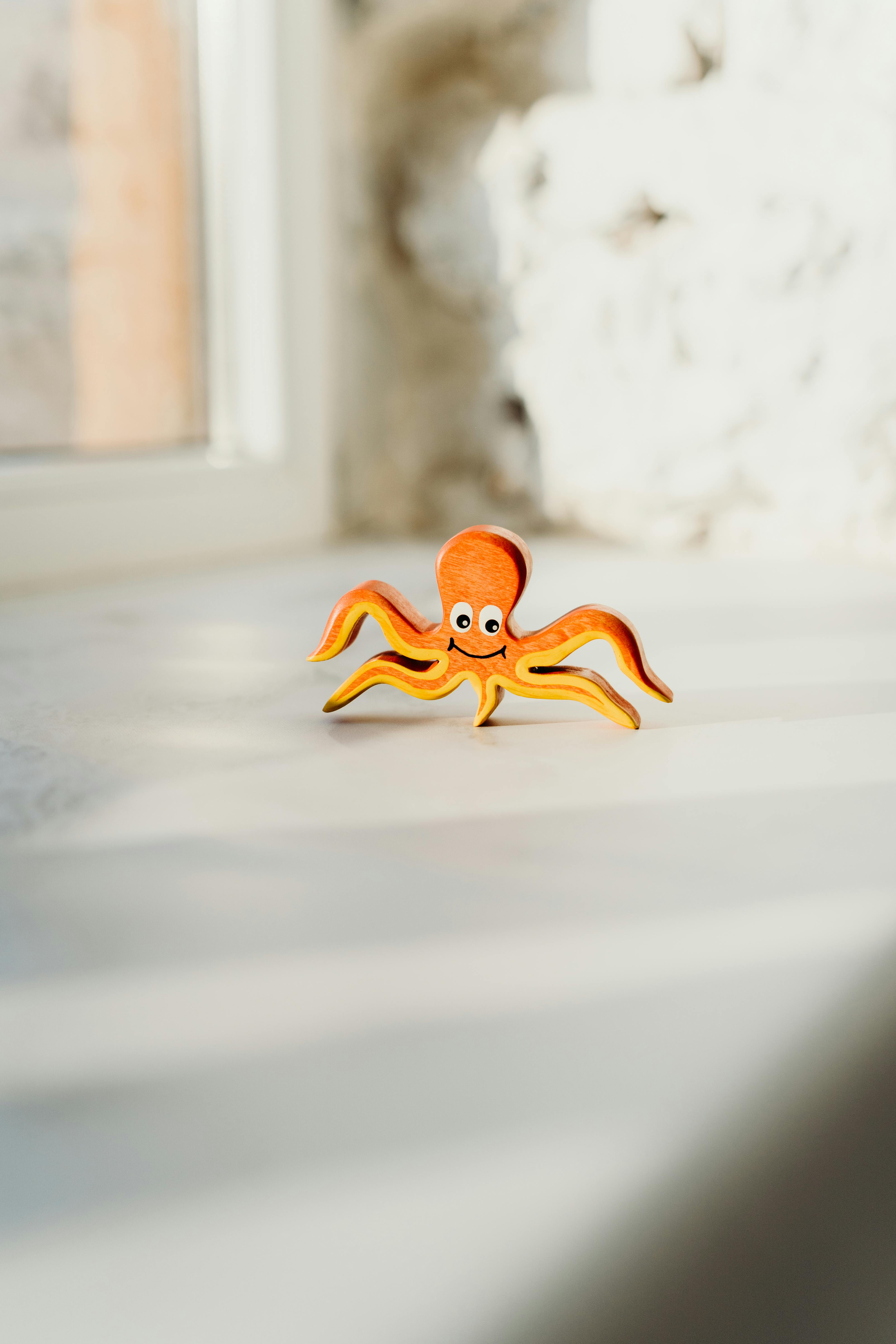Unraveling the Fascinating World of the Octopus: Intelligence, Behavior, and Conservation Efforts
The octopus, a creature of great mystery and intrigue, possesses an intelligence that puts it on par with some of the most advanced animals. With impressive problem-solving abilities, a knack for camouflage, and a lifespan that is surprisingly short, these cephalopods are an enigma of the ocean. This article delves into the fascinating world of octopuses, exploring their cognitive abilities, behaviors, and the ongoing efforts to conserve their species.

The Intriguing History and Evolution of the Octopus
The octopus, belonging to the cephalopod class of mollusks, has a lineage tracing back to approximately 296 million years. Fossil records from the Carboniferous period bear evidence to their existence. Despite their ancient history, the octopus has continued to evolve, adapting to different environments and developing unique survival strategies. Their evolution has led to remarkable features such as the ability to regenerate lost limbs, sophisticated camouflage techniques, and a complex nervous system contributing to a high degree of intelligence.
The Octopus: A Showcase of Intelligent Behavior
Octopuses display a variety of behaviors that indicate their advanced cognitive abilities. They can solve complex puzzles, escape through tiny openings, and use tools - traits that are not commonly seen in invertebrates. Some species like the veined octopus have been observed collecting coconut shells to use as a shelter, demonstrating foresight and planning. Their problem-solving capabilities have been compared to those of mammals, sparking curiosity and ongoing research into their cognitive processes.
Octopus Camouflage: A Masterclass in Survival
One of the most fascinating features of the octopus is its ability to change its skin color and texture for camouflage. This skill is used for both hunting and evading predators. By manipulating specialized cells in their skin called chromatophores, octopuses can mimic the colors, patterns, and even textures of their surroundings, making them virtually invisible. This remarkable ability serves as a testament to their adaptability and survival instincts.
The Short Yet Extraordinary Life of an Octopus
Despite their intelligence, octopuses have a relatively short lifespan. Most species live for only one to two years, with the longest-living species, the giant Pacific octopus, reaching up to five years. This short life expectancy is due to their semelparous nature, where they reproduce once and then die shortly after. Females often starve themselves to guard their eggs, while males typically die a few months after mating.
Conservation Efforts: Safeguarding the Octopus Population
The octopus, while not currently endangered, faces threats from overfishing and habitat destruction. To ensure that these remarkable creatures continue to thrive, conservation efforts are in place. Some of these include imposing fishing regulations, creating marine protected areas, and conducting research to better understand their life cycle and habitat needs. These initiatives are crucial in maintaining the balance of marine ecosystems, as octopuses play a crucial role as both predators and prey.
Understanding the octopus not only provides a glimpse into the wonders of marine life but also challenges our understanding of intelligence and cognition. By continuing to study and protect these extraordinary creatures, we can ensure that they continue to mesmerize and enlighten us for generations to come.




